Organic isn't everything.......
We eat eggs for breakfast every morning whenever possible and I do notice the difference if I don't have them, as I get hungry earlier in the morning. When I have to stay away from home for work, the one thing that miss the most (apart from Pete, the dogs and the other animals) is fresh eggs from our chickens.
I usually order eggs from the hotel for breakfast each morning, but they are not the same as my home eggs. They have a darker orange yoke and a funny taste. I assumed that was because they were almost certainly cage eggs, however on a recent holiday we bought eggs from the supermarket and they were just as bad. I did my best to buy organic free range eggs, thinking that they were the closest to our home eggs as possible, but they still didn't taste or look right.

That's when I realised that organic isn't everything!
Our chickens don't eat organic grain, we haven't bothered to find a suitable source, they just eat layer mash, however they do have access to grass, either in their cage or out in the paddock on the (majority) days when we let them free-range. And it seems to be the grass/pasture/green stuff that makes all the difference to the taste of the eggs.
Unfortunately its pretty hard to buy pasture-fed eggs from the supermarket and "free range" doesn't guarantee that the chickens actually have grass to eat, it just means that they don't live in cages and get to go outside occasionally. Its still cheaper and easier to feed grain (organic grain if they are organic eggs).
For more information about the different types of chicken farming systems see this video on the Australia Eggs website. Also note that we now have a legal definition for "free-range" in Australia, as follows:
-
the first limb requires that the eggs are laid by hens that had meaningful and regular access to an outdoor range during daylight hours during the laying cycle; and
-
the second limb requires that the hens were able to roam and forage on the outdoor range; and
-
the third limb requires that the hens that laid the eggs were subject to a stocking density of 10,000 hens or less per hectare.
It not just the taste
Studies have shown that pastured eggs are also better nutritionally, see here for a good summary. So forget all the crap about cholesterol, eggs only started being BAD for us when we started factory farming chickens and reduced the nutritional value of the eggs, if chickens are allowed to live a happy chicken life with access to pasture, there's no reason not to eat eggs every day, and that's exactly what we do. If you've been thinking about getting a few chickens for your backyard, maybe this will persuade you that its a good idea.
And its not just the eggs
Meat from pastured animals is tastier and has more nutrition. See some of the links from Frugal Kiwi about pastured vs factory farmed meat (and some info on eggs too). We only eat our own poultry and beef anyway, but it really makes you wonder how we could go so far in the wrong direction, I suppose it just proves that you get what you pay for - cheap meat production results in minimal nutritional value. If you can buy organic pastured meat, it is worth the money.
The thing that annoys me most is when the factory farming industry tries to cover up the poor quality of the product. An example is pork chops produced in our local meat works. These pork chops are $20+/kg and taste great. That's because they are "pumped meat", that's meat that's had flavouring and tenderisers injected, no wonder it tastes nice, but the chemicals aren't declared by the butcher or the restaurant, so what exactly are you eating??
In comparison, some farmer friends recently gave us several chops from a pig that had been raised on pasture and cow's milk. No pumping required and it tasted beautiful, like pork should, not the tasteless chops we usually buy. It seems that the producers have realised that industrialised factory farming has resulted in an inferior product, but instead of changing the system, they have 'fixed' it with an industrial solution (more chemicals) to disguise the problem.
Pastured eggs are bright yellow or orange
AND why do we need yellow food colouring in supermarket cakes and biscuits? If I bake a sponge or pancakes with my fresh pastured eggs it is a beautiful yellow colour, but if you use grain fed eggs you need to add yellow to create that colour.
Again, disguising inferior ingredients with chemicals instead of fixing the source of the problem. That's why I don't trust anything with additives, usually they are just used to make the product cheaper, and definitely not to make the food more nutritious! (See a very interesting history of food colouring, including lead-based colouring used for childrens' lollies in the 1800s).
So what do you think? Can you taste the difference between pasture-fed and cage eggs?
















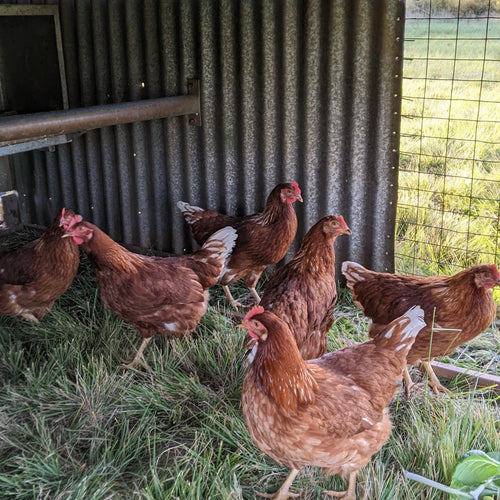
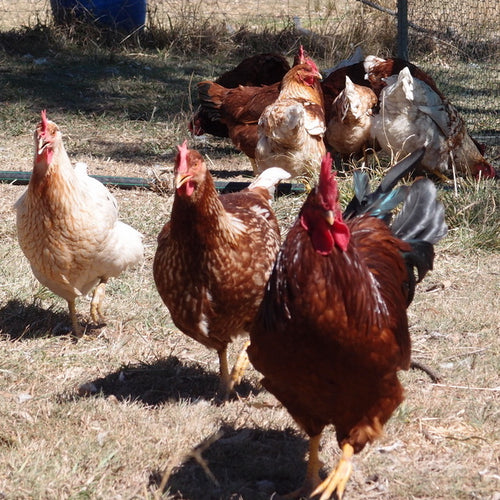
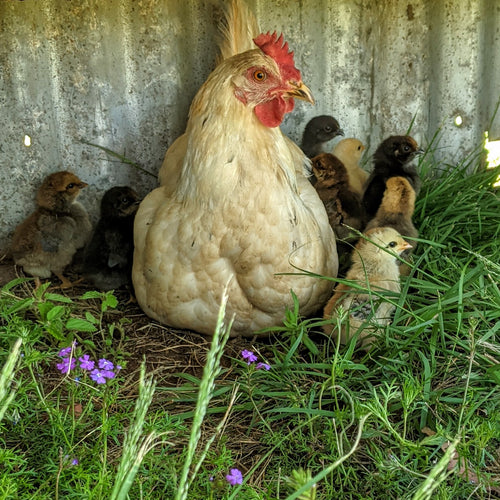
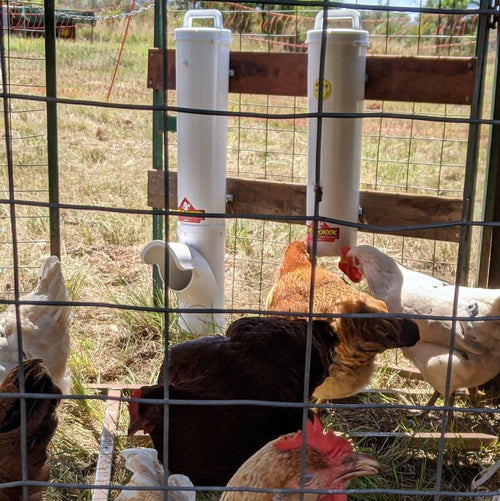
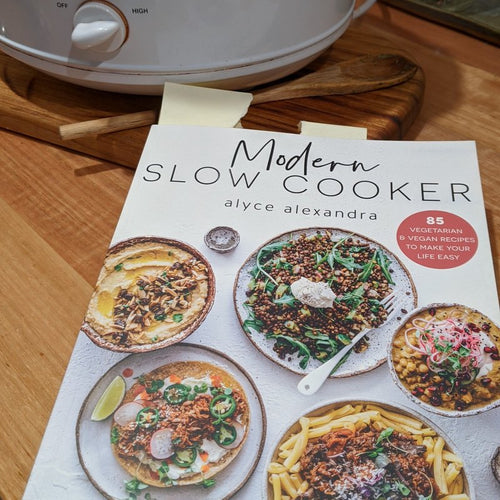




We recently moved interstate and had to give up our backyard chooks. After a couple of months of free range eggs I finally found some pasture raised eggs from a local farm at a small independent fruit shop. Such a difference. The best option by far until we can have some ‘girls’ again.
You’ve stirred the pot, I’ve been stirring for a while now. Unfortunately, my supply is getting low – egg supply, that is! And here’s why. We hate the whole culling part. When I say we, I mean, me! Because I have to pick out the hens I raised from chicks, and my husband dispatches them. I’m okay with that, but I’m not in a hurry to make it happen.
We haven’t had a rooster for 2 years, since the last one attacked our son, and became tree fertiliser. So I haven’t been incubating eggs. You know where this is going…we don’t have fresh layers, to augment the egg supply. I think I would prefer to do without eggs, than buy them.
I kind of had an epiphany, as I was collecting the older hens recently, to be dispatched. Normally, I’m apologising to the hens under my breath, as I know what fate awaits them – but this time, I felt completely at peace. As this is my food supply. If I want eggs I’m happy to eat, this is all part of that process. Because the alternative is factory farmed eggs. And I don’t want to go there.
Leave a comment